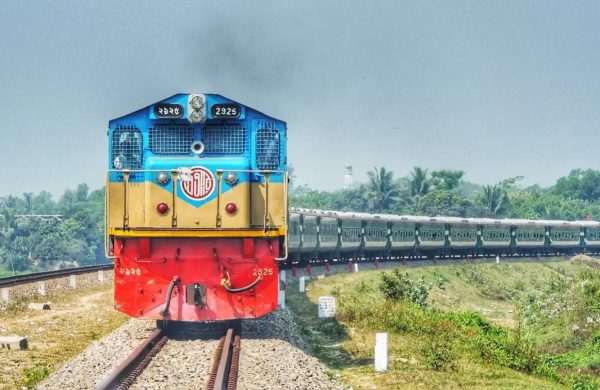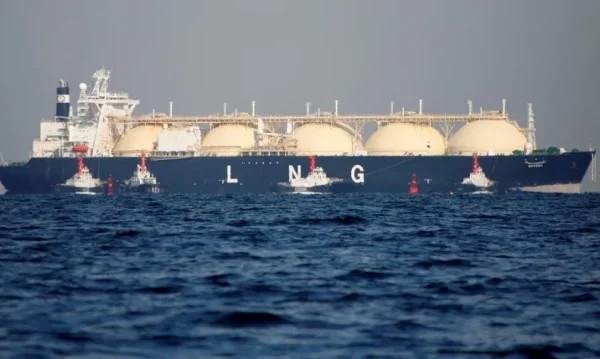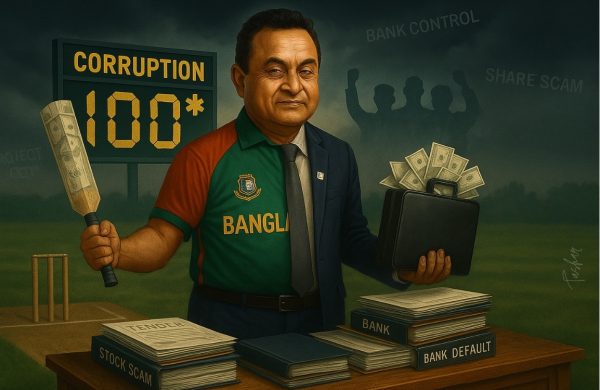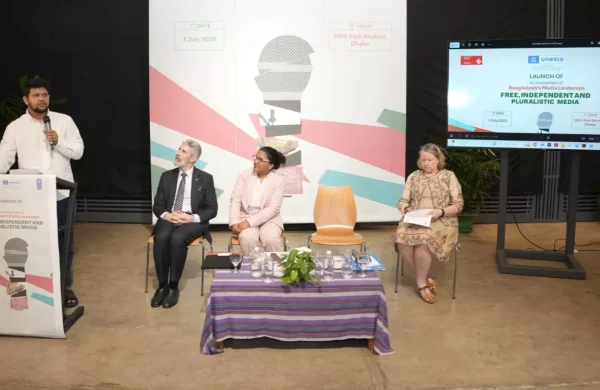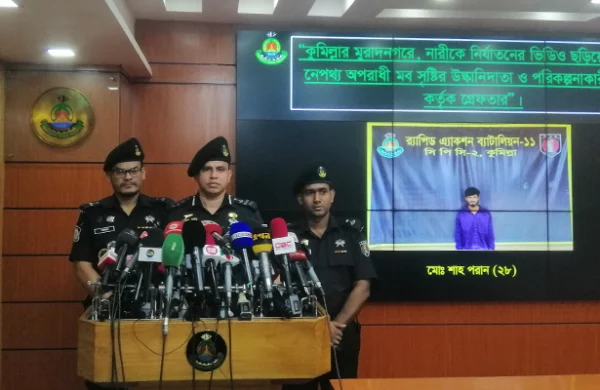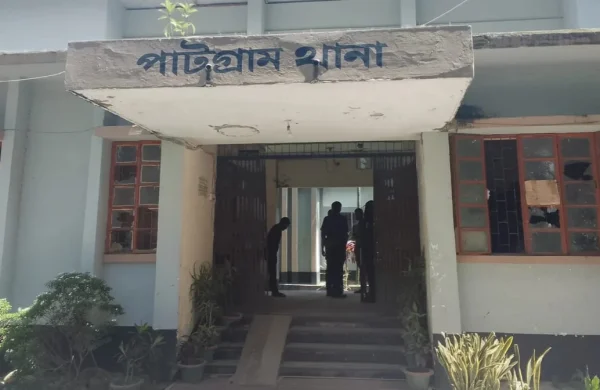Businesses seek six-month grace period
- Update Time : Thursday, January 16, 2025
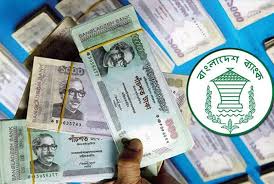
TDS Desk:
The imposition of conditions set by the International Monetary Fund (IMF) has led to an increase in non-performing loans (NPLs) in Bangladesh. As a result, businesses are becoming defaulters within a shorter timeframe than before. This shift has caused considerable dissatisfaction among business owners, who believe that the grace period for loan repayment should revert to the previous six-month standard.
According to the IMF, any loan repayment defaulting beyond three months will now be classified as non-performing. This has caused discontent among entrepreneurs, many of whom feel that the change is unfair. Compliance with these new calculations has pushed a significant number of borrowers into default, driving the current NPL figures to an all-time high. Out of a total loan portfolio of Tk 16.82 trillion, Tk 2.85 trillion is now classified as NPLs, constituting 17% of distributed loans.
Entrepreneurs are urging policymakers to extend the classification period for loan defaults from three months back to six months. They also propose:
For large industrial loans: Rescheduling with a 1.5% down payment, a two-year grace period, and a repayment term of ten years.
For small and medium-sized enterprises (SMEs): A 1% down payment, a two-year grace period, and a 15-year repayment plan.
Mohammad Hatem, President of the Bangladesh Knitwear Manufacturers and Exporters Association (BKMEA), criticised a recent Bangladesh Bank directive. He said, “This is tantamount to strangling businesses. Since September, failing to pay three instalments results in default. From March 2025, missing even one three-month instalment will lead to default status.”
During a meeting led by the Bangladesh Chamber of Industries (BCI), representatives from various business organisations outlined the following difficulties:
High inflation: Declining sales have affected all sectors.
Rising costs: Increased electricity and gas prices, coupled with high loan interest rates, have reduced production by 30-40%.
Higher taxes: The IMF’s recommendations have led to higher VAT and supplementary duties on various products and services, exacerbating operational costs.
BCI President Anwar-ul-Alam Chowdhury Parvez highlighted that businesses are struggling to survive amidst these challenges. “Production has dropped, sales have fallen, and enterprises are operating far below capacity,” he remarked.
The SME sector has been the hardest hit, with many businesses on the verge of closure. To support this vital segment, business leaders recommend:
Establishing special funds for SMEs with lower interest rates.
Adopting digital platforms to enhance financing systems.
Launching pilot initiatives in specific districts or clusters to evaluate outcomes.
Ongoing political instability, rising law-and-order concerns, and uncertain investment conditions have further discouraged new ventures. Mohammad Shahriar, President of BGAPMEA, expressed concerns over escalating gas prices and reduced global competitiveness. He stated, “Without adequate resources, we cannot compete in the global market.”
To address the worsening situation, businesses have called for:
Simplifying letter of credit (LC) procedures.
Reducing interest rates on loans.
Including entrepreneurs in banking reform committees.
Strengthening supply chains, particularly for the agro-processing sector.
Additionally, the National Board of Revenue (NBR) recently issued an ordinance increasing VAT and supplementary duty on 67 goods and services, including internet, medicines, and essential commodities. These changes are expected to raise operating costs, especially for small and medium-sized enterprises.
Without immediate intervention, stricter loan classification rules and increasing operational costs could lead to widespread closures, threatening economic stability and growth.


